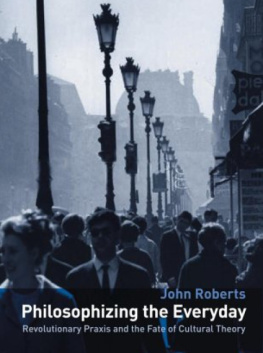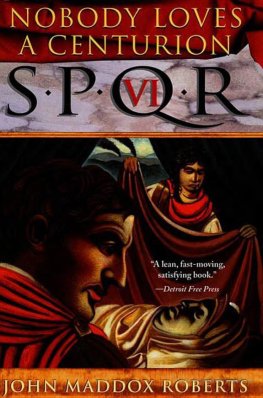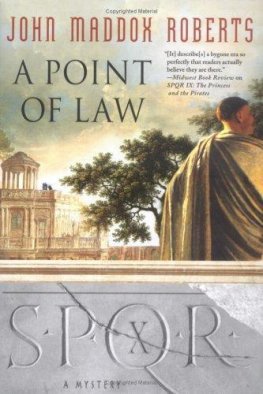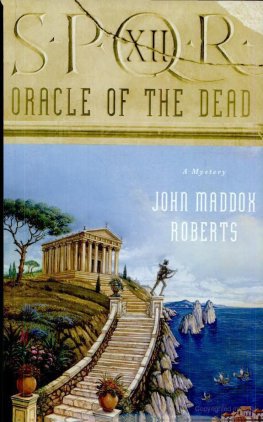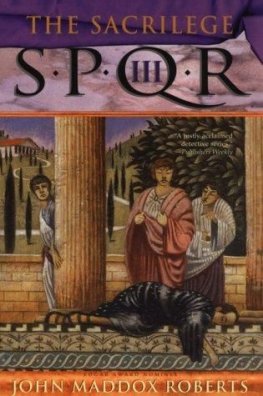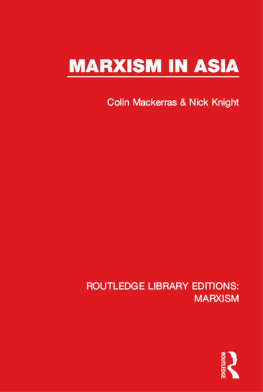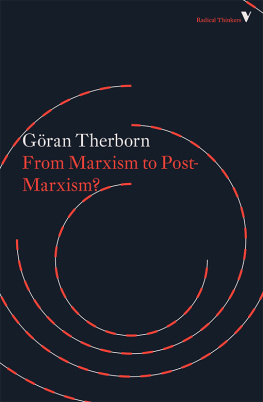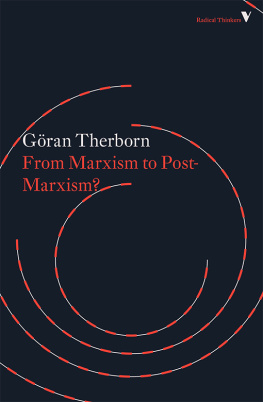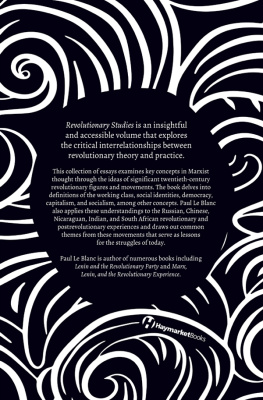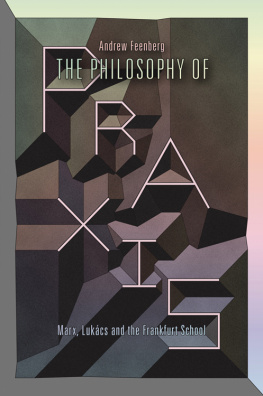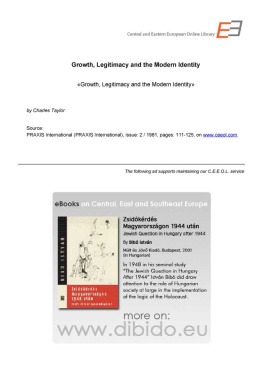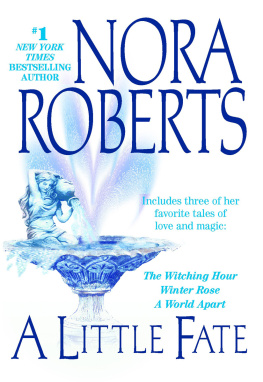John Roberts - Philosophizing the Everyday: Revolutionary Praxis and the Fate of Cultural Theory (Marxism and Culture)
Here you can read online John Roberts - Philosophizing the Everyday: Revolutionary Praxis and the Fate of Cultural Theory (Marxism and Culture) full text of the book (entire story) in english for free. Download pdf and epub, get meaning, cover and reviews about this ebook. year: 2006, publisher: Pluto Press, genre: Religion. Description of the work, (preface) as well as reviews are available. Best literature library LitArk.com created for fans of good reading and offers a wide selection of genres:
Romance novel
Science fiction
Adventure
Detective
Science
History
Home and family
Prose
Art
Politics
Computer
Non-fiction
Religion
Business
Children
Humor
Choose a favorite category and find really read worthwhile books. Enjoy immersion in the world of imagination, feel the emotions of the characters or learn something new for yourself, make an fascinating discovery.
- Book:Philosophizing the Everyday: Revolutionary Praxis and the Fate of Cultural Theory (Marxism and Culture)
- Author:
- Publisher:Pluto Press
- Genre:
- Year:2006
- Rating:4 / 5
- Favourites:Add to favourites
- Your mark:
- 80
- 1
- 2
- 3
- 4
- 5
Philosophizing the Everyday: Revolutionary Praxis and the Fate of Cultural Theory (Marxism and Culture): summary, description and annotation
We offer to read an annotation, description, summary or preface (depends on what the author of the book "Philosophizing the Everyday: Revolutionary Praxis and the Fate of Cultural Theory (Marxism and Culture)" wrote himself). If you haven't found the necessary information about the book — write in the comments, we will try to find it.
John Roberts: author's other books
Who wrote Philosophizing the Everyday: Revolutionary Praxis and the Fate of Cultural Theory (Marxism and Culture)? Find out the surname, the name of the author of the book and a list of all author's works by series.
Philosophizing the Everyday: Revolutionary Praxis and the Fate of Cultural Theory (Marxism and Culture) — read online for free the complete book (whole text) full work
Below is the text of the book, divided by pages. System saving the place of the last page read, allows you to conveniently read the book "Philosophizing the Everyday: Revolutionary Praxis and the Fate of Cultural Theory (Marxism and Culture)" online for free, without having to search again every time where you left off. Put a bookmark, and you can go to the page where you finished reading at any time.
Font size:
Interval:
Bookmark:
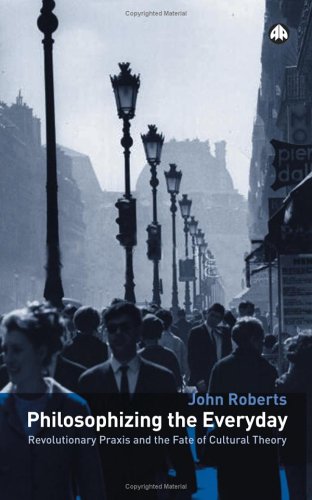
JOHN ROBERTS
LONDON ANN ARBOR, MI
First published 2006 by Pluto Press 345 Archway Road, London N6 5AA and 839 Greene Street, Ann Arbor, MI 48106
www.plutobooks.com
Copyright John Roberts 2006
The right of John Roberts to be identifi ed as the author of this work has been asserted by him in accordance with the Copyright, Designs and Patents Act 1988.
British Library Cataloguing in Publication Data A catalogue record for this book is available from the British Library
ISBN 0 7453 2411 8 hardback ISBN 0 7453 2410 X paperback
Library of Congress Cataloging in Publication Data applied for
10 9 8 7 6 5 4 3 2 1
Designed and produced for Pluto Press by Chase Publishing Services Ltd, Fortescue, Sidmouth, EX10 9QG, England Typeset from disk by Stanford DTP Services, Northampton, England Printed and bound in the European Union by Antony Rowe Ltd, Chippenham and Eastbourne, England
Preface vi
Prologue: Dangerous Memories 1 1 The Everyday and the Philosophy of Praxis 16 2 The Everyday as Trace and Remainder 59 3 Lefebvres Dialectical Irony: Marx and the Everyday 100 Epilogue 120
Notes 124 Bibliography 138 Index 144
This book began its life as an essay for Radical Philosophy , Philosophizing the Everyday: the philosophy of praxis and the fate of cultural studies, published in 1999. Since then the arguments of my essay have gradually expanded their range, as the need to probe and develop my history of the concept of the everyday became a priority in the face of the increasingly ubiquitous (and vague) use of the concept in contemporary cultural studies and other disciplines. Moreover, I felt I needed to nuance and clarify my own use of the term from my previous work. In 1998 I published The Art of Interruption: Realism, Photography and the Everyday . The book looked at how photography in the twentieth century developed at the intersection of the philosophical claims of realism and the cultural claims of the everyday, and how this in turn transformed the concept of the everyday in cultural theory. However, my emphasis was primarily on a discussion of the relationship between photographic form and everyday modes of attention as subscribed to by the early Soviet and Weimar avant-gardes. I didnt actually discuss the critique of the everyday as praxis , the defence of which had an overwhelmingly, indeed hegemonic, infl uence on revolutionary theory and Marxist theories of cultural democracy and transformation during the first half of the twentieth century. Philosophizing the Everyday remedies this omission by reclaiming and reflecting on this extraordinary range of the literature of the everyday, in order to draw on its continuing philosophical and political vitality for cultural work today. In this I direct my focus of attention to the history of the concept itself.
vi
I would like to thank Peter Osborne of Radical Philosophy for his initial interest in this project, and Esther Leslie whose own interest in the subject and guest editorship at Pluto along with Mike Wayne has seen this project come to fruition. Thanks also to Anne Beech and David Castle, and Michelle as always, for their support.
Recently the concept of the everyday has undergone a widespread revival. It is the subject or reference point of a wide range of books and essays on art, architecture, design, urban studies, anthropology and political science, as well as being the interdisciplinary theme of many recent art exhibitions and cultural events. On these grounds the concept has become the common currency of much contemporary discourse on art and popular culture and cultural studies. After modernism, after postmodernism, it is argued, the everyday is where art goes, not only to recover its customary and collective pleasures, but to display its own ordinariness, just as it is also the place where the pleasures of popular culture are indulged and negotiated, from soap operas to celebrity magazines and outof-town shopping stores. The everyday is the place where we supposedly define and shape our common pleasures, a place where a democracy of taste is brought into being. In this way the current ease with which the term is identified with the popular, and the ease with which it is able to pass between disciplines and practices, suggests that the everyday has now become, above all else, a meta-signifier of social and cultural inclusivity. The everyday is demotic, spectacular, interactive
all things to all people, in fact a space where the worlds of design, architecture, fashion and art coalesce, compete and constellate. Indeed, use of the term is now something of an ecumenical fetish: evidence of the up-to-dateness of each disciplines interdisciplinarity.
Philosophizing the Everyday is a response to this contraction of the concept of the everyday into a theory of consumption
and simple cognate of ordinariness, an attempt, in short, to reinstate the philosophical and political partisanship of the concept. For, with the broad assimilation of the term into contemporary cultural studies, the everyday has suffered from not only a general process of critical dehistoricization but an acute philosophical foreshortening. In an eagerness to borrow from what is most amenable to postmodern theories of the productive consumer, contemporary debates on the everyday have severed the concepts connections to prewar debates on social agency, the cultural form of art, and cultural democratization. Too much contemporary theory is eager to limit the critique of the everyday to a theory of signs and patterns of popular cultural consumption or the dilemmas or ambiguities of represention. This is not the place to analyse in any great detail how this conception of the everyday has shaped the recent history of cultural studies. But, suffi ce it to say, cultural studies use of the everyday remains largely locked into a prevailing redemptive model, in which the creative powers of the consumer operate freely in the heartlands of mass culture. Since the 1980s and the formative theorization of these moves in terms of working-class subcultural practices of resistance, cultural studies has tended to follow the direction of Michel de Certeaus work: creative consumption is to be identified with the popular memories and counter-knowledges and histories to be found in the workings of ideology (see Chapter 2). As one author on the everyday and cultural studies has argued recently, in de Certeauian terms, what remains significant about the everyday is how it escapes or defeats our rational attempts to locate and describe it. The critical importance of the redemptive model of cultural studies is not in doubt in its exposing of the intellectual condescension towards non-professional cultures or popular experience. But if a critical concept of ideology needs a conception of culture, then a critical concept of culture needs a conception of ideology. In this, cultural studies increasing focus on the autonomy of popular agency has weakened the grasp of ideology (and as such diminished the theory of alienation in the analysis and critique of the popular).
The de Certeauian model has emerged as a belated theory of the everyday in Anglo-American cultural studies, overstepping the works of Henri Lefebvre, whose important writing of the 1950s and 1960s on the everyday was only translated into English in the 1990s. As such there is no systematic Lefebvrian or Marxist engagement with the concept of the everyday in Anglo-American cultural studies before the rise of de Certeaus infl uence. As late as 1993, for example, Stanley Aronowitz in a thorough survey of the rise and fall of Anglo-American cultural studies only mentions the everyday in passing and without any conceptual weight. It is no surprise, therefore, why the everyday is so politically and philosophically depleted in contemporary cultural studies: in its eagerness to critique an older cultural studies it bypasses the richness and complexity of the concepts early history.
Font size:
Interval:
Bookmark:
Similar books «Philosophizing the Everyday: Revolutionary Praxis and the Fate of Cultural Theory (Marxism and Culture)»
Look at similar books to Philosophizing the Everyday: Revolutionary Praxis and the Fate of Cultural Theory (Marxism and Culture). We have selected literature similar in name and meaning in the hope of providing readers with more options to find new, interesting, not yet read works.
Discussion, reviews of the book Philosophizing the Everyday: Revolutionary Praxis and the Fate of Cultural Theory (Marxism and Culture) and just readers' own opinions. Leave your comments, write what you think about the work, its meaning or the main characters. Specify what exactly you liked and what you didn't like, and why you think so.

